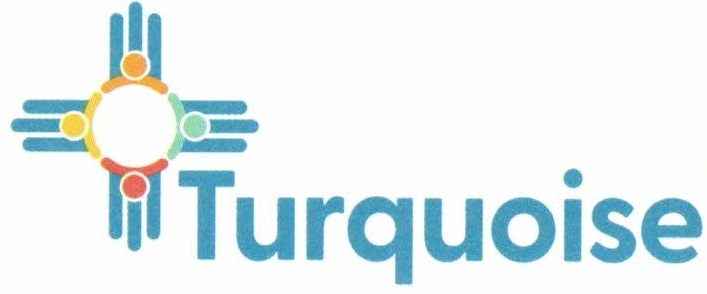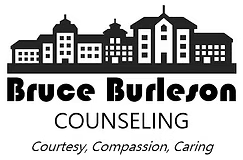When a weekly
Counseling Session isn’t enough.
Rocket Recovery offers an intermediate, semi-intensive care.

When a weekly counseling session isn’t enough, and you’re unable to commit to an Intensive Outpatient Program (IOP), Rocket Recovery offers an intermediate, semi-intensive level of care which gives you three options:
Level 1: Five morning 20-minute check-ins per week, plus two 45-60 minute counseling sessions, plus one weekly relapse prevention group
Level 2: Four morning 20-minute check-ins per week, plus two 45-60 minute counseling sessions, plus one weekly relapse prevention group
Level 3: Three morning 20-minute check-ins per week, plus one 45-60 minute counseling session, plus one weekly relapse prevention groupWhat it all means:
- Morning check-ins can help you orient your day toward recovery.
- Regular counseling, whether it’s a 45 or 60 minute session, can help build your recovery skills using Cognitive Behavior Therapy, Mindfulness, and other approaches.
- Groups generally number 3-12 individuals and offer additional peer support and problem-solving.
Rocket Recovery is offered via Telehealth in Massachusetts and New Mexico and is covered by insurance.
Insurances Accepted:









You have the right to receive a
“Good Faith Estimate”
explaining how much your medical care will cost
- Under the law, health care providers need to give patients who don’t have insurance or who are not using insurance an estimate of the bill for medical items and services.
- You have the right to receive a Good Faith Estimate for the total expected cost of any non-emergency items or services. This includes related costs like medical tests, prescription drugs, equipment, and hospital fees.
- Make sure your health care provider gives you a Good Faith Estimate in writing at least 1 business day before your medical service or item. You can also ask your health care provider, and any other provider you choose, for a Good Faith Estimate before you schedule an item or Service.
- If you receive a bill that is at least $400 more than your Good Faith Estimate, you can dispute the bill.
- Make sure to save a copy or picture of your Good Faith Estimate.
For questions or more information about your right to a Good Faith Estimate, visit www.cms.gov/nosurprises
